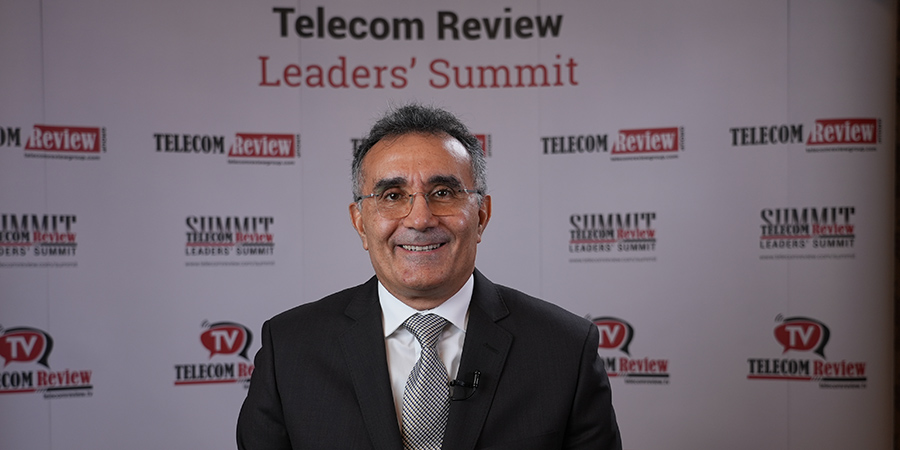In an exclusive interview with Telecom Review during the 18th edition of the Telecom Review Leaders’ Summit, Dr. Bilel Jamoussi, Deputy to the Director and Chief of Telecommunication Standardization Policy Department at ITU Telecommunication Standardization Bureau (TSB), identified the need for forward-thinking strategies regarding the future of digitalization and elaborated on ITU’s role in this technological evolution.
With the rapid advancement of technologies like AI, IoT, and 6G, how is ITU keeping pace with innovation?
ITU remains at the forefront of innovation thanks to its unique and collaborative membership ecosystem. The organization unites 194 member states, encompassing over 1,000 companies driving research, development, and the deployment of cutting-edge networks and solutions, as well as nearly 200 academic and research institutions.
This diverse community serves as the backbone of ITU's innovative standards. As we approach ITU's 160th anniversary next year, this collaboration continues to ensure ITU remains agile in developing standards for emerging technologies like artificial intelligence, the Internet of Things, 5G, 6G, fiber-optic connectivity, and beyond.
What are the steps being taken to strengthen global cooperation in creating standards that address cybersecurity threats and ensure trust in digital communication systems?
One of ITU's key contributions is the evolution of the X.509 standard for public key infrastructure (PKI). First published nearly 30 years ago, it has continuously adapted to protect network traffic against new threats, including advancements like quantum key distribution (QKD) in the quantum era.
AI also plays a critical role in cybersecurity. While it can pose threats to communication systems, it equally offers solutions such as malware detection, spam call filtering, and network protection.
The partnership between the private sector and governments is essential for building trust in telecom and ICT equipment, fostering a collaborative approach to safeguarding digital infrastructure.
In your opinion, what are the biggest challenges in telecommunication standardization over the next decade, and how is ITU preparing to address them?
ITU is tackling emerging challenges with foresight and collaboration. At the recent World Telecommunication Standardization Assembly (WTSA-24) in New Delhi, members adopted eight new resolutions, reflecting key priorities such as artificial intelligence, metaverse technologies, digital public infrastructure, vehicle communication systems, and emergency communications.
These advancements will shape the future of the digital world, however, ensuring inclusivity is paramount. ITU is committed to leaving no one behind as it develops international standards to support this evolving digital landscape.
ITU at TRS-24:
Telecom Leaders Discuss Collaboration and Innovation in Telecom










